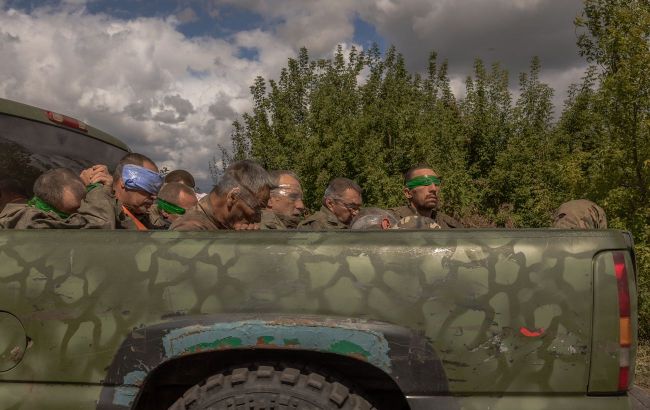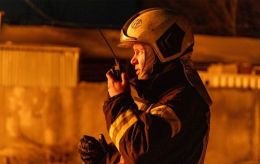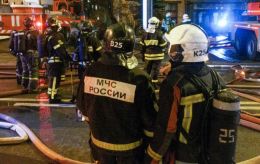Kursk operation impact on prisoners-of-war exchange: Analysis
 Illustrative image (Getty Images)
Illustrative image (Getty Images)
As a result of the offensive in the Kursk region, Ukrainian soldiers captured a large number of conscripts, which will force Russia to react, according to the military and political observer of the Information Resistance group Oleksandr Kovalenko.
Russia forced to react
According to Kovalenko, the successes of Ukrainian soldiers in the Kursk region will speed up the release of thousands of Ukrainian citizens.
"The result is a large number of prisoners, primarily conscripts. And this makes Russia react. If earlier they took the position that they would not negotiate, now, as we can see, their position has changed very quickly,” he notes.
The expert adds that Russia's position has changed because each conscript has a family, which, in turn, does not receive compensation for this, and this factor can destabilize the situation in the country.
“And Putin doesn't need anything to destabilize the situation, or for anyone to take to the streets with protests. That's why they will be engaged in prisoner exchanges and quickly,” the expert summarizes.
Prisoners-of-war exchange
Ombudsman Dmytro Lubinets recently said that his Russian counterpart, Tatyana Moskalkova, initiated negotiations on the exchange of prisoners. He did not disclose the details of the dialogue but noted that reports of captured conscripts and Kadyrovites allow us to be optimistic about future exchanges.
In particular, yesterday, on August 15, a strategy for the return of prisoners was presented at the Supreme Commander-in-Chief's Staff meeting.
“We need to use the principle of justice. Those who were captured earlier get out. We have lists of prisoners of war and civilian hostages taken by the Russians before the full-scale invasion began in 2014, and we have defenders of Mariupol who have been in captivity for more than two years,” he adds.

